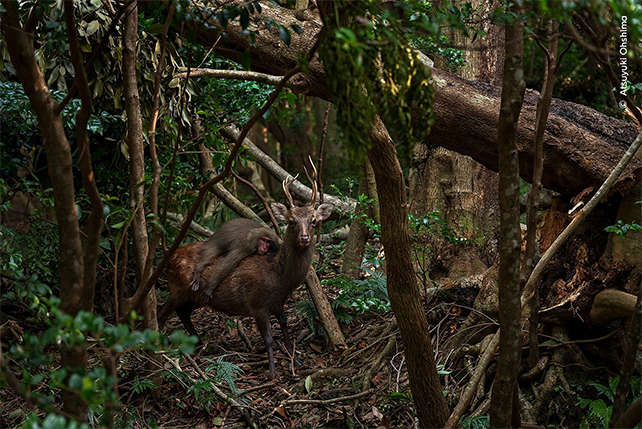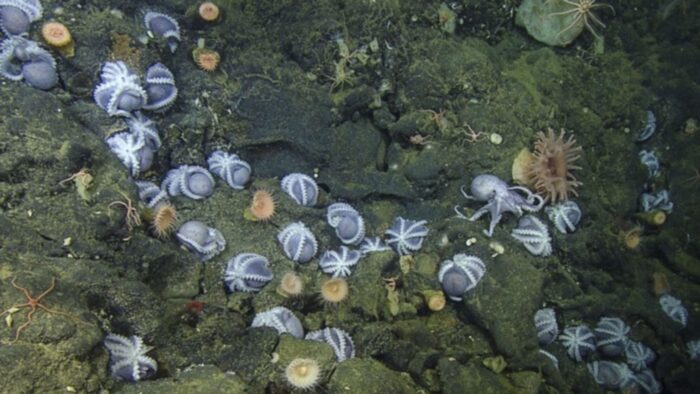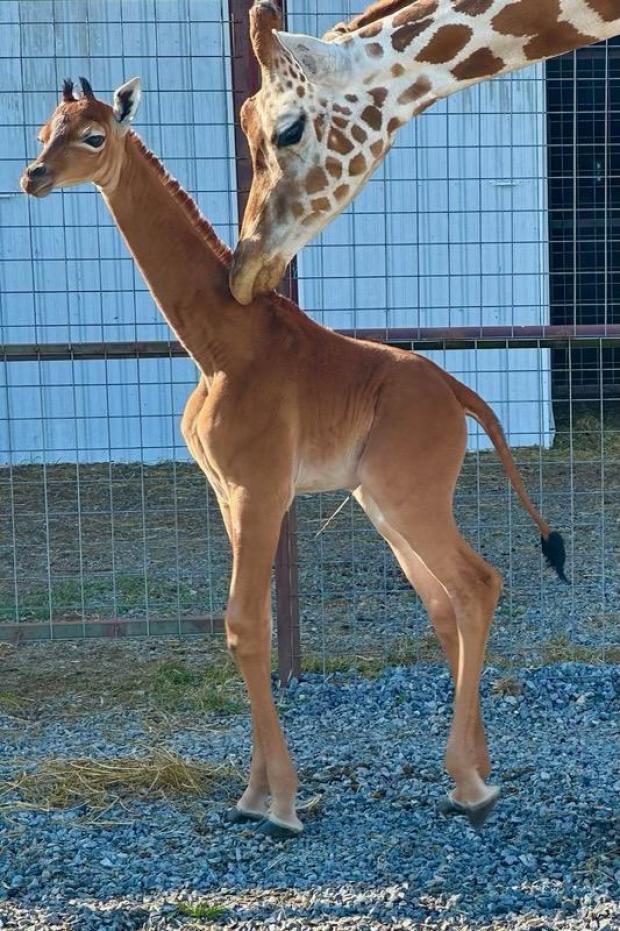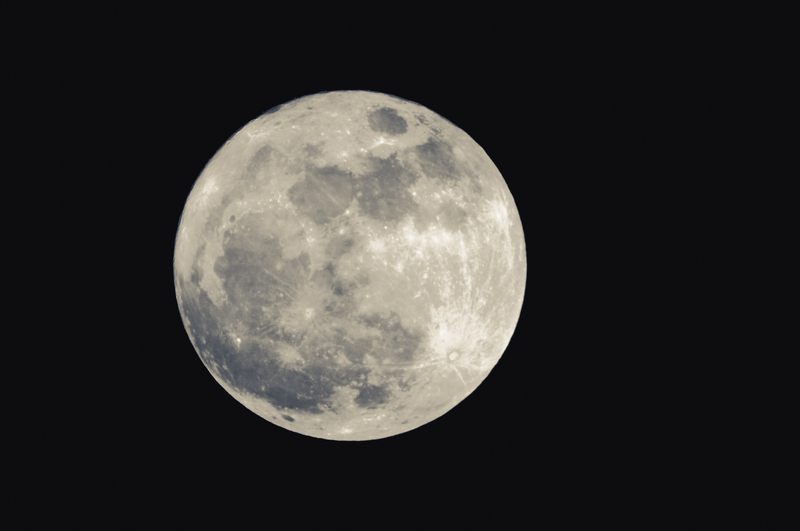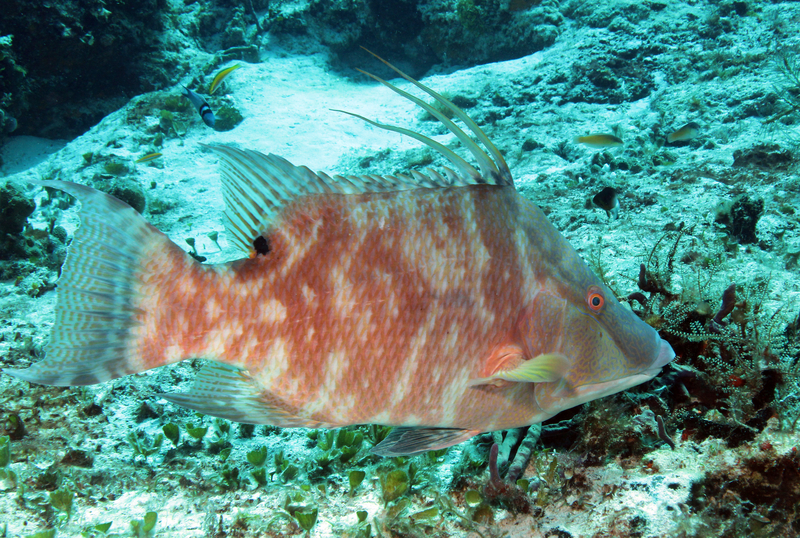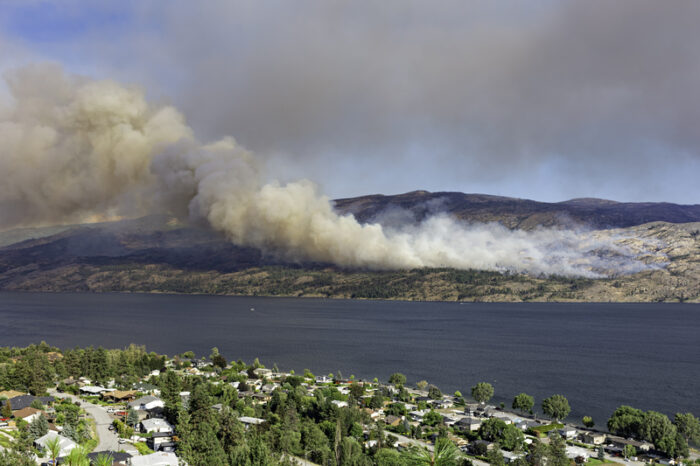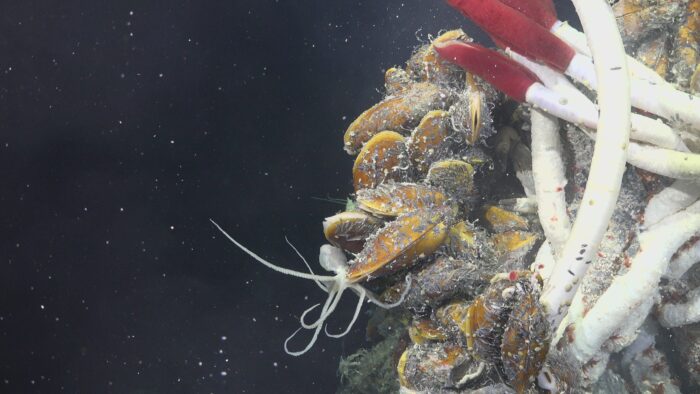Antarctica often gets called the most remote continent on Earth. And from a human's perspective, it is.
With next-to-zero year-round inhabitants and zero native population, Antarctica is as untouched by humans as any land mass on the planet.
But if you ask many penguin species, Antarctica is anything but remote. It is home.
Lords of the South
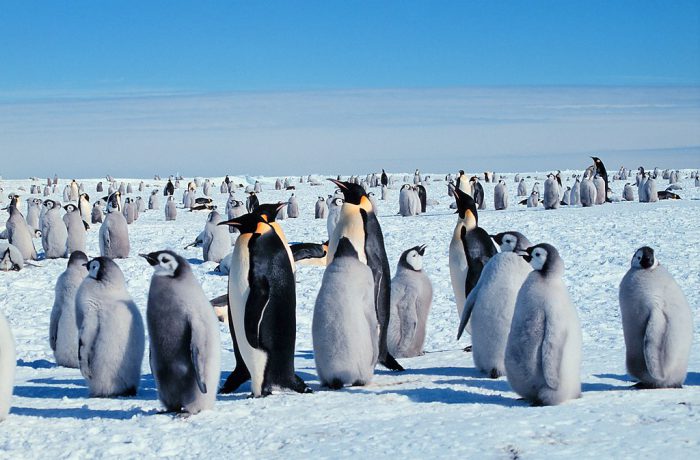
Emperors are truly the masters of Antarctica. (Wikimedia Commons)
This is especially true of the planet's largest penguin, the emperor penguin. These birds are over one metre (3.3 feet) tall and are known for making their home in the coldest place on Earth. The males even care for eggs all through the dead of a sunless winter in the heart of the continent. Now that's dedication.
As you can imagine, this makes studying emperors very challenging for humans. We're not built to survive in this habitat. But at the same time, we desperately want to know more about these animals. So what is the solution?
How about a robot? Meet ECHO—the yellow robot built to spy on penguins!
Pleased to meet you
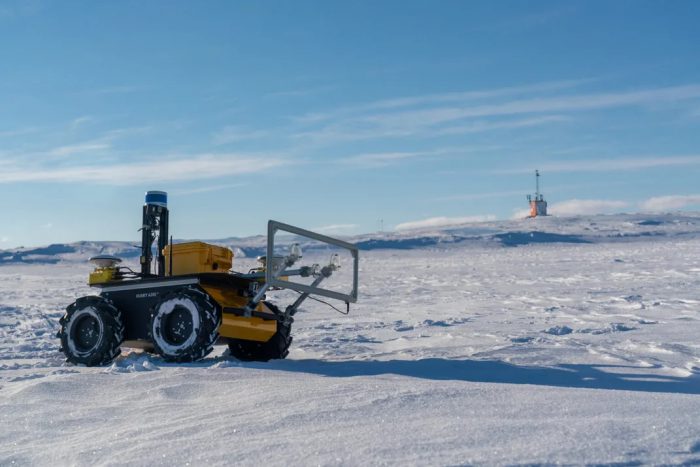
ECHO does a job that would be much more difficult—and dangerous—for humans to perform. (Daniel Zitterbart/Woods Hole Oceanographic Institution)
We say 'spy', but in truth, ECHO is more of a roommate to one particular colony of emperor penguins. It doesn't attempt to hide itself. Instead, it walks (or rather, wheels) itself right up to the birds that it is observing.
As for the birds, they will sometimes curiously check out the robot. But for the most part, they ignore it and go about their business. This works out well for the scientists who built ECHO, the Woods Hole Oceanographic Institution (WHOI) in Massachusetts, USA. As long as scientists can first capture and tag a penguin with a taped-on microchip, ECHO can do the rest.
It moves among the birds, scanning their tags, and giving scientists information about how the birds have moved around: when they left a certain area, when they have returned, or if they chose not to return at all. And they can do it all without exposing the birds to a constant human presence—or exposing human researchers to exhausting work in the brutal cold.
Understanding climate change
Watching the penguins may help scientists to better understand the changes happening to Antarctica. (Getty Embed)
So why invest all of this tech into understanding emperor penguins? Well, apart from the fact that all animals are worth understanding better, emperor penguins live in a part of the world that is undergoing enormous changes due to climate change. In particular, warming temperatures are melting sea ice and glaciers, changing the face of the whole continent.
The ECHO bot is part of a larger project at WHOI known as MARE, which stands for Monitor the health of the Antarctic maRine ecosystems using the Emperor penguin as a sentinel.
This means the scientists are observing the emperor's habits to better understand the threats to us and the rest of the planet. For example, imagine that the penguins suddenly begin to leave their traditional nesting grounds for another location. That is probably because something important has changed in their ecosystem, even if it's not apparent to us humans. Thanks to the data collected by ECHO, we would now know to investigate!
ECHO is a go
Though ECHO has only been operating for a year, according to Popular Science, its scientists are very pleased with its progress. In a video with Mashable, researcher Daniel Zitterbart even said that they are thinking of abandoning a plan to camouflage ECHO as an iceberg because the penguins are completely unbothered by the robot.
You could say it's one of the flock!
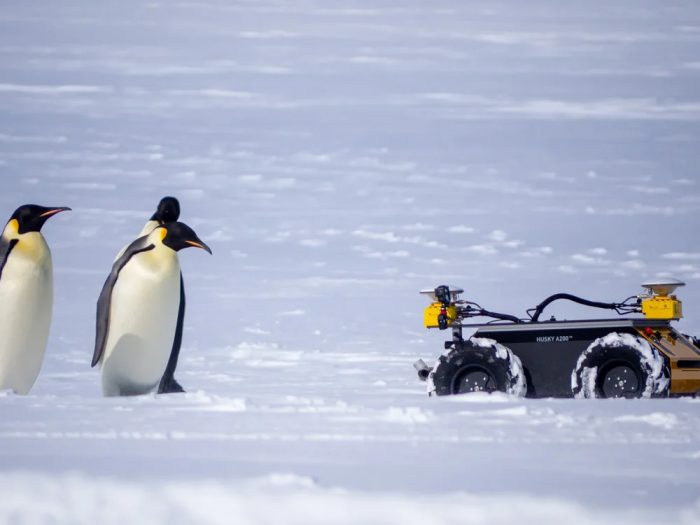 "Hi there! I'm ECHO!" (Daniel Zitterbart/Woods Hole Oceanographic Institution)
"Hi there! I'm ECHO!" (Daniel Zitterbart/Woods Hole Oceanographic Institution)
